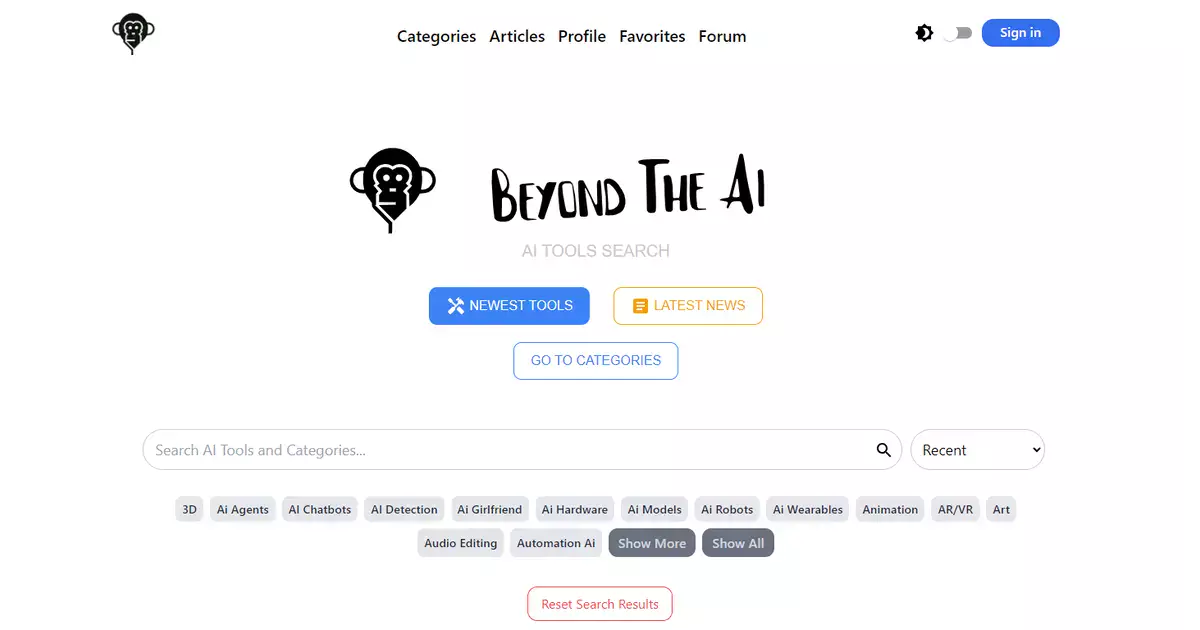SecGPT

SecGPT
Revolutionizes cybersecurity with AI-driven insights
Pricing
New Features
Tool Info
Rating: N/A (0 reviews)
Date Added: March 28, 2023
Categories
Description
SecGPT is a cutting-edge tool that is designed to revolutionize the field of cybersecurity. This platform is powered by advanced artificial intelligence technology, which has been trained on thousands of cybersecurity reports. As a result, SecGPT is able to provide users with unparalleled insights and analysis, helping them to stay ahead of potential threats and protect their systems from cyber attacks.
One of the key benefits of SecGPT is its ability to provide real-time analysis of security threats. This means that users can receive alerts and notifications as soon as potential threats are detected, allowing them to take immediate action to mitigate the risk. Additionally, SecGPT is highly customizable, allowing users to tailor the platform to their specific needs and requirements.
Another important feature of SecGPT is its ability to provide detailed reports and analysis. This can be incredibly valuable for organizations that need to comply with regulatory requirements or demonstrate their security posture to stakeholders. With SecGPT, users can generate comprehensive reports that provide a detailed overview of their security posture, as well as actionable insights and recommendations for improvement.
Overall, SecGPT is a powerful tool that is designed to help organizations stay ahead of potential cybersecurity threats. With its advanced AI-driven insights and customizable features, this platform is an essential tool for any organization that takes security seriously.
Key Features
- Real-time analysis of security threats
- Customizable platform
- Detailed reports and analysis
Use Cases
- Cybersecurity companies and professionals who need to analyze large amounts of data to identify potential threats and vulnerabilities
- Government agencies responsible for protecting critical infrastructure and sensitive information from cyber attacks
- Financial institutions that need to safeguard customer data and prevent fraud
- Healthcare organizations that need to protect patient data and comply with regulations such as HIPAA
- Small and medium-sized businesses that may not have dedicated cybersecurity teams but still need to protect their networks and data from cyber threats.







